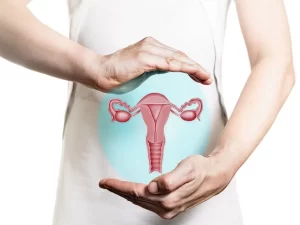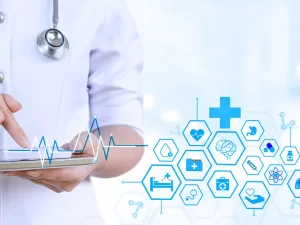
By Dr. Rohan Palshetkar, Head of Unit Bloom IVF, Professor, Dept of OBGy, DY Patil School of Medicine
Pregnancy is a beautiful journey which every mother to be looks forward to. However, there are situations when there can be a few health risks to the mother as well as the baby. These high-risk pregnancies require more frequent monitoring, specialised care and advanced interventions to ensure the best possible outcomes. Some of the common factors which can cause high risk pregnancy are
- Maternal age (under 18 or over 35)
- Pre-existing health conditions (diabetes, hypertension, heart disease)
- Multiple pregnancies (twins or triplets)
- Obesity or underweight issues
- Previous pregnancy complications (preterm birth, miscarriage)
- Genetic or structural abnormalities in the fetus
It is important to identify and diagnose these high-risk pregnancies early and thanks to the development in technology it is possible to do so now.
Some of the cutting-edge technologies we use to diagnose and monitor these high-risk pregnancies more closely are
Advanced Ultrasound and Imaging
Ultrasound imaging (3d and 4d) can give us detailed imaging of the baby allowing us to diagnose any issues in the baby as early as the 3rd month of pregnancy. They doppler imaging (blood flow in the placenta and umbilical cord) can not only give us insight into the baby’s health but also help us predict if the mother would develop blood pressure later in the pregnancy. This can help us decide the line of treatment and also help us plan the delivery as well.
Non-Invasive Prenatal Testing (NIPT)
NIPT is a groundbreaking technology that analyzes fetal DNA through a simple maternal blood test. This allows for early detection of chromosomal abnormalities such as Down syndrome, Edwards syndrome, and Patau syndrome without the need for invasive procedures like amniocentesis. Early diagnosis empowers parents and doctors to make informed decisions about pregnancy management.
Telemedicine and Remote Monitoring
Telehealth platforms enable frequent consultations without the need for in-person visits, reducing stress and travel for high-risk patients. Wearable devices and home monitoring kits can track maternal blood pressure, glucose levels, and fetal heart rate, ensuring any irregularities are flagged immediately. This continuous monitoring can lead to early interventions, potentially preventing preterm birth or other complications.
Artificial Intelligence (AI) and Predictive Analytics
AI algorithms are now capable of analyzing vast amounts of maternal and fetal health data to predict potential complications such as preeclampsia, gestational diabetes, and preterm labor. By identifying subtle patterns that might go unnoticed by human observation, AI allows healthcare providers to intervene earlier, reducing the risk of adverse outcomes.
Fetal Surgery and In-Utero Interventions
Advancements in minimally invasive fetal surgery have revolutionized the management of life-threatening conditions like spina bifida and congenital heart defects. These procedures, performed while the baby is still in the womb, improve survival rates and long-term health outcomes.
The Role of Genetic Testing and Counseling
With genetic advancements, doctors can now identify potential hereditary risks that may affect pregnancy. Carrier screening, genetic counselling, and in-vitro fertilization (IVF) with preimplantation genetic testing (PGT) help ensure healthier pregnancies, especially for couples with known genetic conditions.
Empowering Mothers with Knowledge
Beyond medical technology, education plays a vital role in managing high-risk pregnancies. Mobile apps and digital platforms provide personalized health information, pregnancy tracking, and guided exercises, empowering mothers to actively participate in their care.






